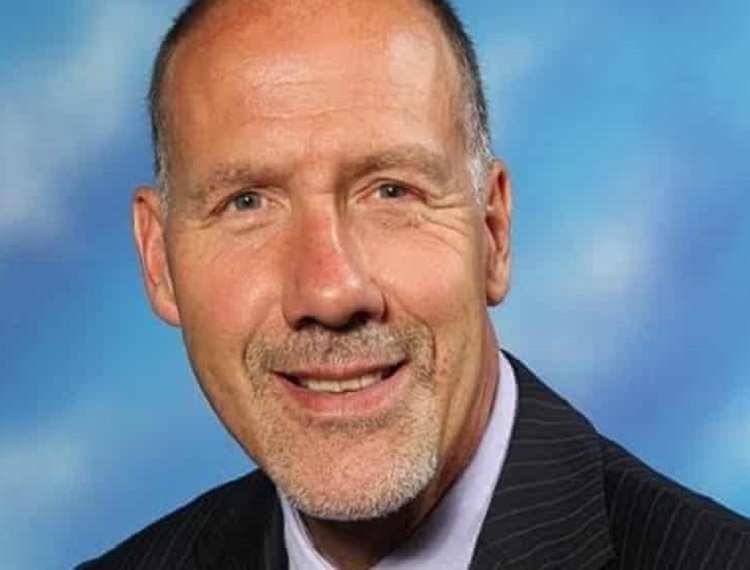ASCL survey shows teacher shortages at crisis point

ASCL General Secretary Geoff Barton today warned that teacher shortages had reached crisis point as a survey showed that more than 9 in 10 schools and colleges in England are experiencing difficulties in recruiting staff.
The Association of School and College Leaders survey of 766 state-sector school and college headteachers and principals found:
- 95% have been experiencing difficulty in recruiting teachers, with 43% saying it is ‘severe’.
- 72% of these are using supply staff to cover for vacancies; 69% are using non-subject specialists to teach classes; and 31% said pupils were having to be taught in larger classes.
- Physics was the most commonly cited subject where recruitment was difficult, followed by maths, design and technology, chemistry and computing.
- Nearly two-thirds (65%) have been experiencing difficulty with teacher retention. The most common reasons were workload pressures, which are driven by government underfunding of schools and colleges together with an excessive accountability system, and pay levels, which have been eroded by a fifth in real-terms since 2010.
- 92% also reported difficulties in recruiting support staff – leaving many schools and colleges with serious challenges across their workforces.
The survey comes ahead of the expected recommendation of the teacher pay award for 2022/23 before the end of the summer term. The government has proposed a two-year pay award of 3% then 2% for many experienced teachers and leaders – significantly below RPI inflation running at 11.7% – and this follows a pay freeze in the current academic year.
Geoff Barton, General Secretary of the Association of School and College Leaders, said:
“Teacher recruitment and retention has been extremely difficult for many years but our survey shows it is currently at crisis point. Many schools and colleges are left with no alternative but to plug gaps with supply staff and non-subject specialists. In several cases they have had to increase class sizes or cut subject options. The crisis extends to support staff where recruitment is also very difficult.
“Teaching and support staff are the lifeblood of the education system. Without sufficient numbers, it is hard to see how government targets to raise standards in literacy and numeracy can possibly be achieved. In fact, despite the best efforts of schools and colleges, current educational standards may actually be at risk.
“The government is fully aware of this problem but its response over several years has been piecemeal and lacklustre – guided more by a desire not to spend money than by any sense of strategy.
“The underlying problem is easy to diagnose – the real value of teacher and school leader pay has fallen by a fifth since 2010, and schools and colleges are under huge pressure because of funding constraints. Teacher training targets are therefore routinely missed and nearly a third of teachers quit within five years of qualifying.
“The situation is desperate. The government must work with the sector on a properly joined-up strategy to improve recruitment and retention which is underpinned by decent pay and improved funding for schools and colleges. If we cannot put teachers in front of classes every other target and aspiration is rendered meaningless.”











Responses